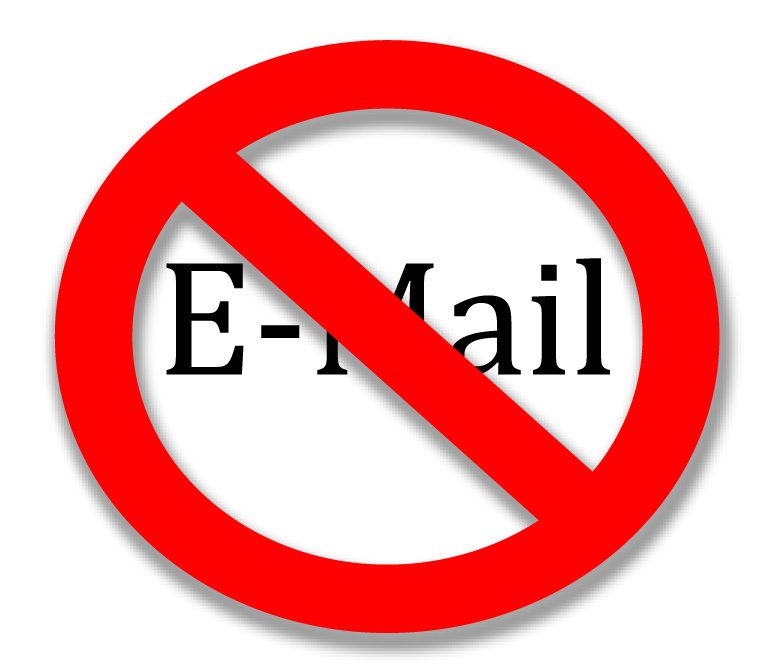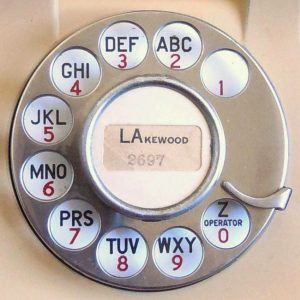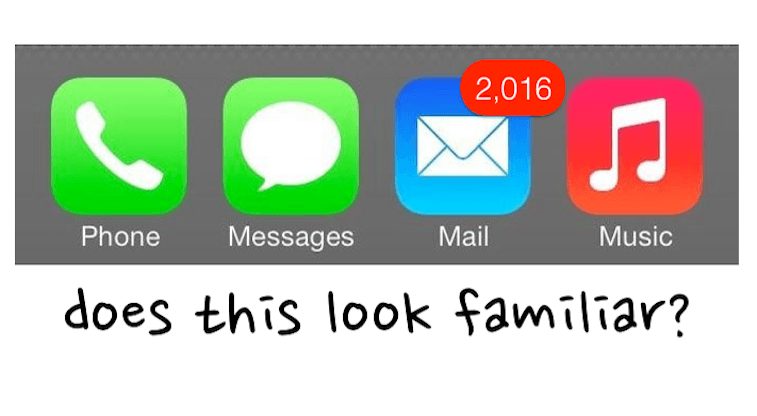How often do you get frustrated with the way people communicate with you? It seems it’s an issue that comes up time and again, whether it is communicating with a colleague, a member of your family or with some corporate or governmental agency. I observe that communication meltdowns are happening everywhere, all the time. And, it doesn’t help that some organizations are letting the legal team take over! There are three major types of communication breakdowns that I see happening far too frequently: email, telephone and agenda. And, to my reckoning, it is at epidemic levels, especially in certain companies.
The Email Meltdown
 My preferred contact at my bank in the US, where I have been a customer for around 30 years, in response to an inquiry, recently wrote a cursory note to me: “I am not able to discuss by email.” There was no greeting, no personal sign off.
My preferred contact at my bank in the US, where I have been a customer for around 30 years, in response to an inquiry, recently wrote a cursory note to me: “I am not able to discuss by email.” There was no greeting, no personal sign off.
In the very same email, further below, in the standard email footnote for this very large well-known bank, is written: “We value your relationship.“
I don’t know about you, but that seems a bit contradictory, especially since I live overseas (+6 hours), making telephoning during business hours a bit of a constraint. Clearly, the legal team has taken over customer service.
Email overload
Looking over the shoulder at someone’s home screen and seeing a red banner with a huge number of unread mails is one of the most telltale signs that that person is likely in communication meltdown. With so many unanswered messages, how on earth does someone stay on top of what is going on, much less take appropriate decisions? They often have a justification that attempts to explain this (as in I have too many phones or this account doesn’t matter to me…). Worse, these are the very same people who often have a voicemail inbox that is “too full to take your message.”
The Telephone Meltdown
 I was recently in contact with someone in the UK office of a large French cosmetics company, and I was informed that there is a new policy, whereby personnel ‘don’t give out their direct line telephone numbers.’ What? I found that rather shocking in today’s age, no? Is that the right answer to having too many incoming telephone calls?
I was recently in contact with someone in the UK office of a large French cosmetics company, and I was informed that there is a new policy, whereby personnel ‘don’t give out their direct line telephone numbers.’ What? I found that rather shocking in today’s age, no? Is that the right answer to having too many incoming telephone calls?
The implicit message is that they would rather have their customers work through a centralized (automated?) system and hopefully disappear.
The Agenda Meltdown
Then there are the meetings…. We are constantly setting up and attending meetings. Electronic calendars can be absolutely magical… But they have their failings, including when it comes to multiple time zones. When sending an invitation to attend a meeting, it is absolutely galling when some people chooses not to respond to a mutually decided rendez-vous… (as in: “Awaiting” below).

It’s almost as if that person now has a good excuse not to show up or show up late? Of course, there are oversights and mistakes, but it is especially true that someone who has an enormous backlog of emails will be unlikely to consider responding to such invitations.
The Big Ills – And Some Solutions
The challenge is that communication is the lifeblood of a company (and in our personal lives as well, might I add). In the same breath, time is our most precious resource. And yet… we continue to see people not answering to messages or invitations, not coming or arriving late to meetings. Whereas the old school of push marketing allowed brands to avoid too much one-on-one communication and let the magic of TV ads do the work, today, the need (and opportunity) to build personal relationships has been enabled and magnified by the new channels and platforms. Share on X If one is to maintain healthy relationships, punctual communication and respect of the other’s time are absolutely vital. In business, it is strategic to stay connected, and it’s really important that top executives have a proper digital hygiene. As technology advances, one must continue to evolve one’s methods and learn how to stay up with the changing landscape of communication tools, devices and platforms.
As far as I’m concerned, there are three useful suggestions to try to avoid a communication meltdown:
- improving your personal digital IQ by adopting a test and learn attitude (if necessary, get hooked up with a geek)
- know why you are at work (find your North) = understanding why it’s important for you to be engaged and to reply to your constituents
- develop some empathy and think about how you might be upset if someone didn’t reply to your messages?
In a prior post, I wrote a list of 6 actionable tips to help sort out your communications and help clean your inbox.
Your thoughts and reactions welcome!












